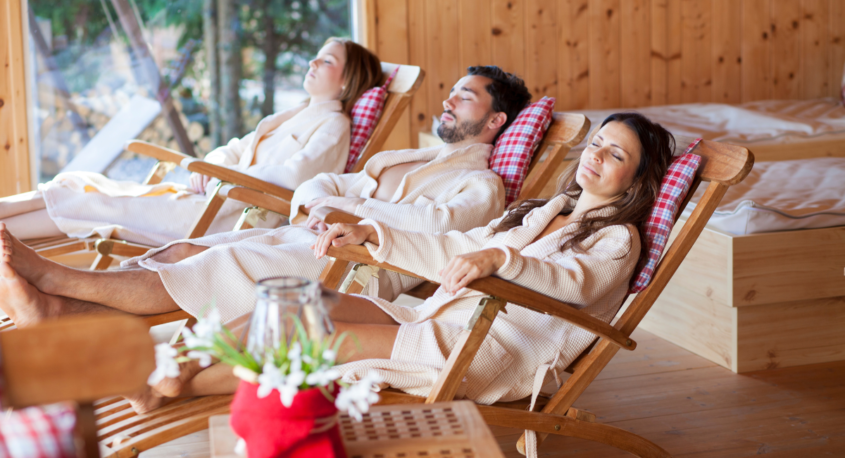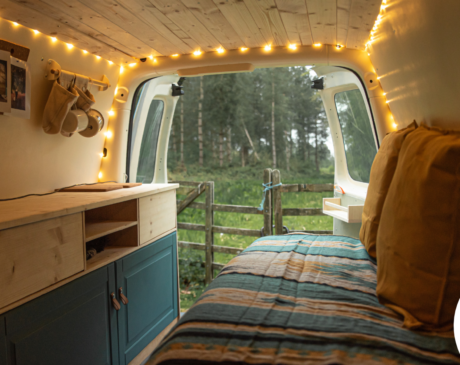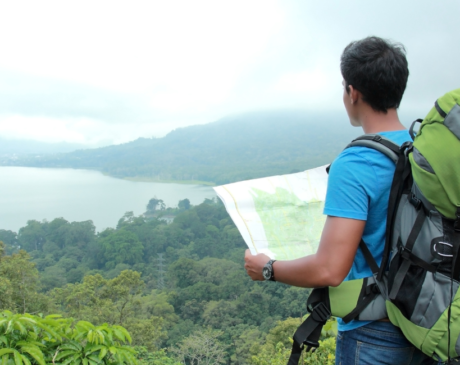Family Wellness and Slow Travel

Family wellness and slow travel are increasingly becoming intertwined concepts as families seek to balance their health and happiness amidst the demands of modern life.
This article explores how embracing slow travel—a mindful, deliberate approach to exploring new destinations—can significantly enhance family wellness.
Unlike the rushed itineraries of traditional vacations, slow travel emphasizes quality experiences, deeper cultural immersion and meaningful connections with both the environment and each other.
By prioritizing relaxation and intentional engagement, families can cultivate a sense of well-being that extends beyond their travels.
This approach not only reduces stress but also fosters stronger family bonds and lasting memories. Discover how slowing down can lead to a richer, more fulfilling travel experience that nurtures the whole family!
The Concept of Slow Travel
Slow travel is a mindset that prioritizes experiencing destinations more deeply rather than trying to see as many places as possible in a short period.
It involves staying in one location for an extended time, engaging with the local community and embracing a leisurely peace.

This approach contrasts sharply with the traditional hurried vacation, where families often rush from one tourist attraction to another, resulting in exhaustion and a lack of genuine engagement with the destination.
Wellness and Sustainability
Slow travel means less travel, which translates to less stress!
Fewer flights, less packing and unpacking and minimal worries about boarding planes, buses, or trains relieve pressure on you and your family, giving you more time to relax and enjoy.
Trying to fit numerous trips into a single vacation at a hectic pace is exhausting and can leave you feeling overwhelmed.
Slow travel allows you to take your time, relax, and plan ahead, eliminating travel anxiety and helping your family establish a routine.
A routine improves the quality of your rest, as good sleeping habits directly impact mental sharpness, performance, emotional well-being and energy levels.
Traveling at a slower pace enables better planning, which promotes overall health and prevents “travel burn-out,” a common issue for many travelers.
Fortunately, slow travel aligns with sustainability and is considered the most responsible travel option.
With fewer flights and less commuting, it significantly reduces your carbon footprint, easing the burden on our planet.
By focusing on exploring one destination instead of hopping between multiple locations, you can live like a local and contribute to the local economy, supporting sustainable tourism practices.
Budget-friendliness
Traveling pre-pandemic might have seemed costly, but with the rise of remote work, the digital nomad lifestyle has become a global trend.
Now, you can work while staying in a beautiful country without adhering to a strict schedule.
With fewer expenses for flights and commutes, you can maintain a regular budget and depending on the destination, it might even be cheaper than living at home.
Adopting a slow travel mindset lets you step away from hectic itineraries and fully immerse yourself in the local culture and community of a new destination.
Instead of chasing Instagram-worthy photos at popular spots, you can focus on a more authentic experience.
Reduced Stress
One of the primary benefits of slow travel is the significant reduction in stress.
Traditional travel can be stressful, with tight schedules, frequent packing and unpacking, and the constant need to catch flights, buses, or trains.
Slow travel, on the other hand, eliminates much of this stress by allowing families to settle into a routine in a single location.
This stability reduces anxiety and allows everyone to relax and enjoy their time together.
Enhanced Sleep and Rest
Establishing a routine is crucial for maintaining healthy sleep patterns.
When traveling at a slower pace, families can develop a consistent daily schedule, ensuring everyone gets adequate rest.
Good sleep is essential for mental sharpness, emotional stability, and overall energy levels.
By prioritizing rest and relaxation, families can return from their vacations feeling genuinely rejuvenated rather than needing a vacation from their vacation.
Deeper Connections
Slow travel provides ample opportunities for families to connect on a deeper level.
Without the constant rush to move on to the next destination, family members can spend quality time together, whether it’s sharing meals, exploring local attractions, or simply enjoying each other’s company.
These shared experiences strengthen family bonds and create lasting memories.

Cultural Immersion
One of the most enriching aspects of slow travel is the opportunity for cultural immersion.
Staying in one place for an extended period allows families to engage with the local community, learn about its customs and traditions and develop a deeper appreciation for the destination.
This immersive experience is particularly beneficial for children, as it broadens their horizons and fosters a greater understanding and respect for different cultures.
Healthier Lifestyle
Slow travel often encourages a healthier lifestyle. With more time to explore on foot or by bicycle, families can engage in regular physical activity.
Additionally, staying in one place allows for healthier eating habits, as families can shop at local markets and prepare their meals using fresh, local ingredients.
This focus on physical well-being complements the overall wellness benefits of slow travel.
The Path to Family Wellness
Family wellness and slow travel are a perfect match, offering a holistic approach to vacations that prioritizes relaxation, connection and cultural immersion.
By embracing slow travel, families can reduce stress, improve their physical and emotional well-being and create lasting memories together.
In a world where the pace of life is often overwhelming, slow travel provides a welcome opportunity to pause, breathe and truly enjoy the journey.
This mindful approach encourages families to immerse themselves in local cultures, engage with communities and appreciate the beauty of their surroundings.
As more families discover the benefits of slow travel, it is set to become an increasingly popular choice for those seeking a healthier, more fulfilling way to explore the world.
Not only does it enhance personal well-being, but it also promotes sustainability and a deeper connection to the places visited, making travel more enriching and meaningful for everyone involved.
Did you like our article “Family wellness and slow travel”? Leave us a comment below.



